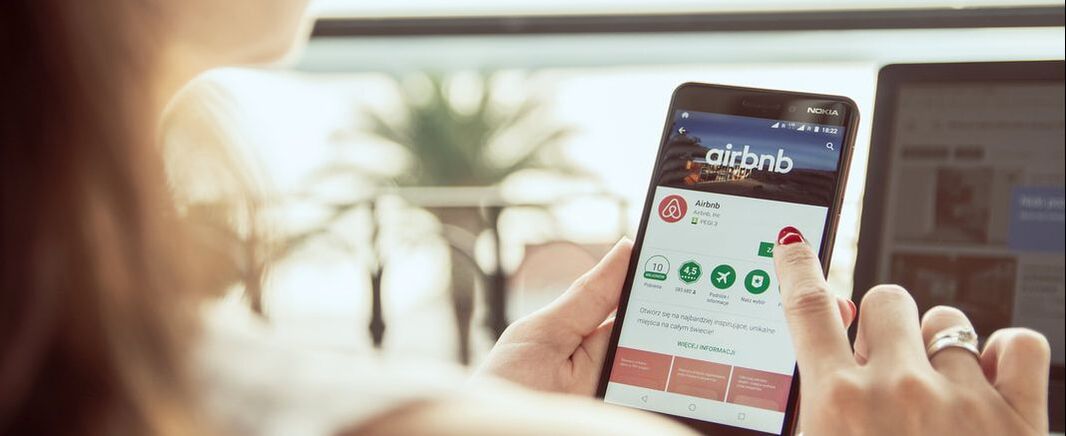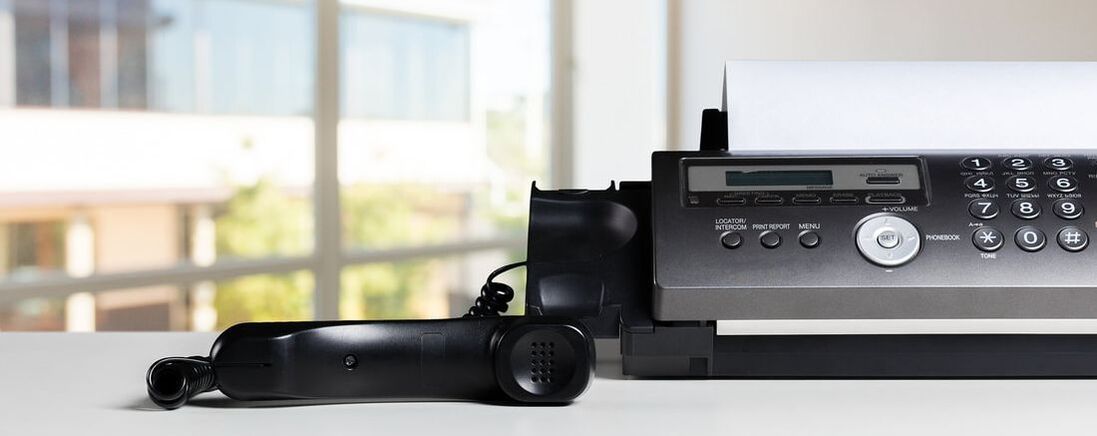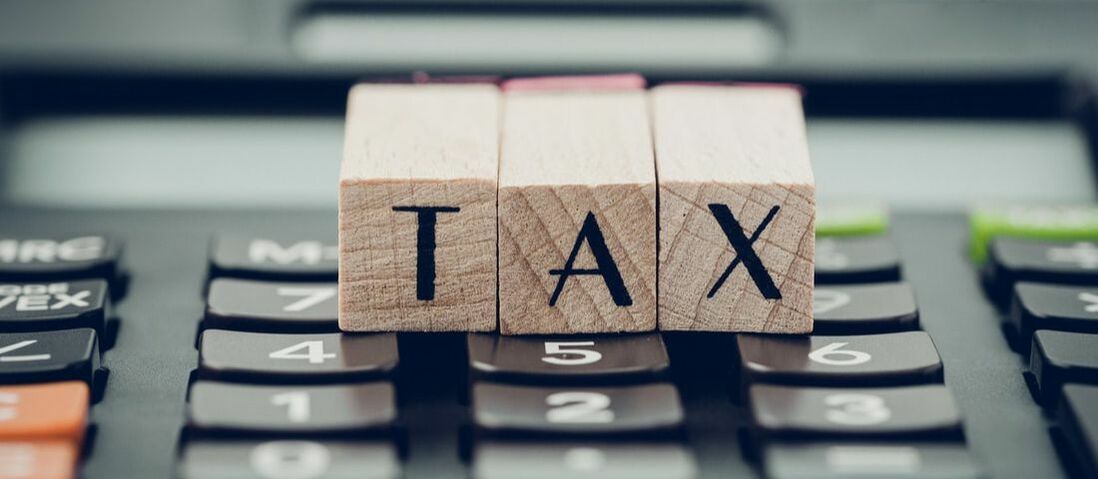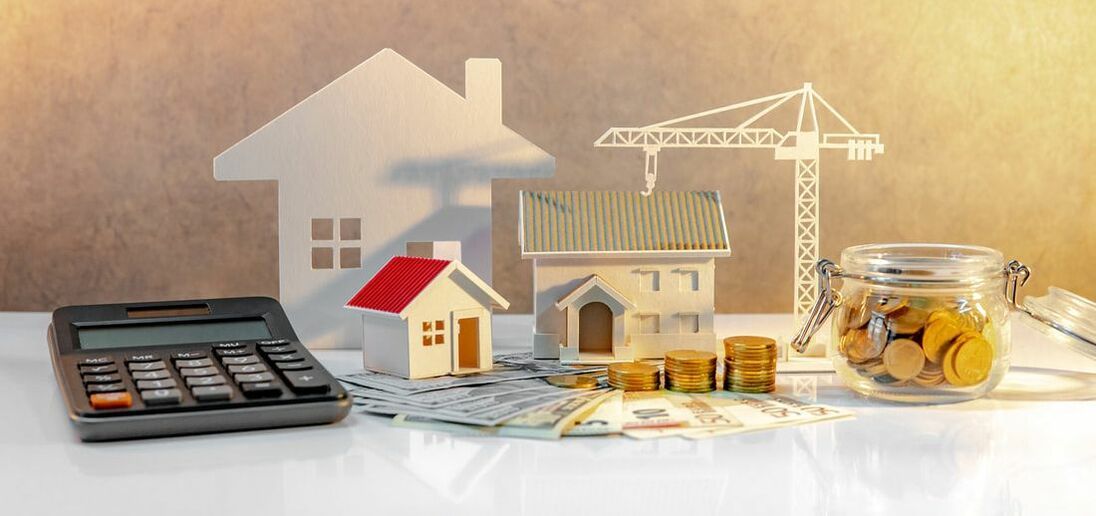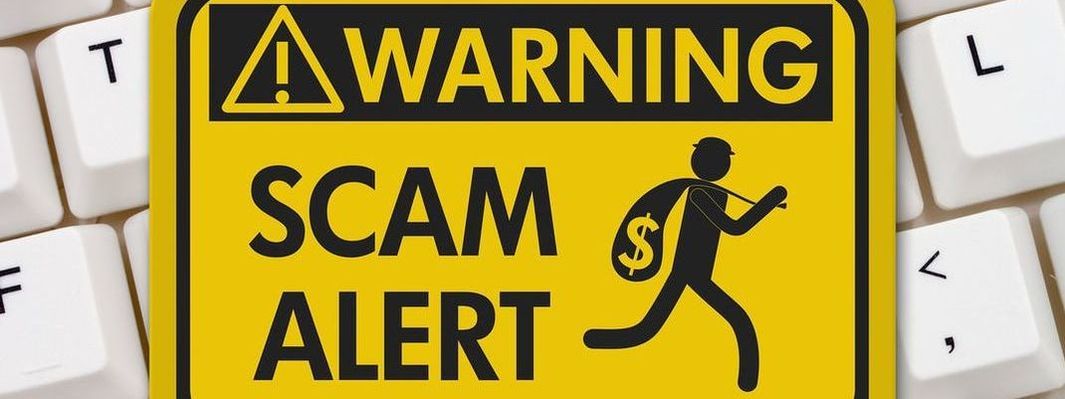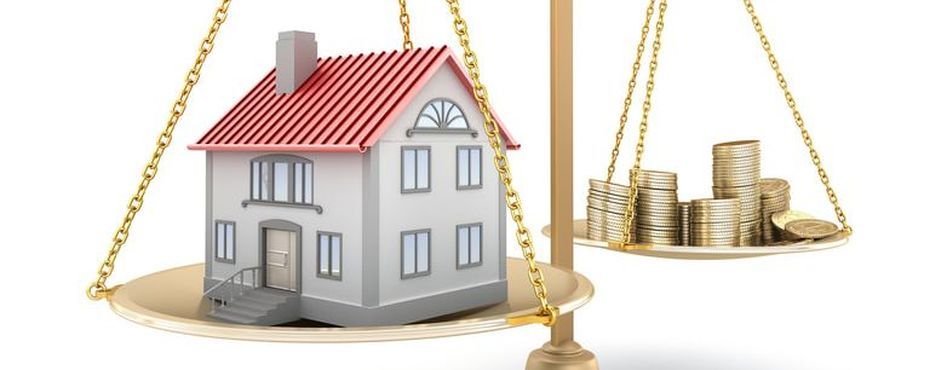Airbnb in New Zealand - the tax, law and insurance
What you need to know about being an AirBNB host in NZ
With so many tourists hitting NZ shores, more and more kiwis are turning to Airbnb as a possible way to supplement their income. The old adage goes that nothing in life comes free, so in this article we take a quick look at the tax, laws and other implications of running an Airbnb property. These are just a few quick musings of course, and your individual circumstance may vary from what is discussed below, so always contact a lawyer if you are after an actual legal opinion.
The tax man and your Airbnb
In a nutshell - income earned from short-term accommodation in New Zealand is taxable. You'll want to factor it into any Income Tax returns you make for the year, and will be able to claim your costs for things like rates, insurance and interest on your mortgage. Obviously, how much you can deduct will depend on how much the property is used for the Airbnb activity versus private use and other activities. If the property is held in trust or something similar, there may be some additional requirements surround deemed market rental - so it's worth talking to your accountant or lawyer about that one.
If your Airbnb is really cranking along and you're earning over $60k a year from it, you may also need to pay (and charge) GST. Overall, when it comes to your tax obligations and your Airbnb property, we'd definitely recommend having a quick chat with your accountant and being guided by their expert opinion.
What about my insurance?
As a general rule of thumb when it comes to anything insurance related, let your insurer know about any circumstances that change that you think they may want to know about. So, if you put your property on Airbnb, let your insurance company know. Have a really good read of your house and contents policy, and make sure you have a great understanding on what you are covered for. The devil is in the detail and you don't want to be caught out by the small print.
Will it affect my chances of getting a mortgage?
Banks tend to view investment properties and owner-occupied property slightly differently. You'll find that they will loan no more than 80% of the purchase price for an owner-occupied property, and only 60% of an investment property. If you are Airbnb'ing your property enough during the year, you might find it deemed as an investment property and only eligible for that lower loan amount.
Does the Council care?
This varies from Council to Council and region to region. In some places you'll be fine to run your Airbnb without any issue at all, while in other centres, there may be rules that you have to abide by. In Auckland for example, you may be required to pay a targetted levy, while in Queenstown you might have to meet certain criteria and pay increased rates. Make sure you check what your Council's policy is.
So what should I do now?
All of the above points may or may not apply to you. When it comes to Airbnb, everyones situation is different - just make sure you do your research. Chat to an accountant, your insurer, your bank and the Council and find out what their policies are. Chances are, you'll be fine!

